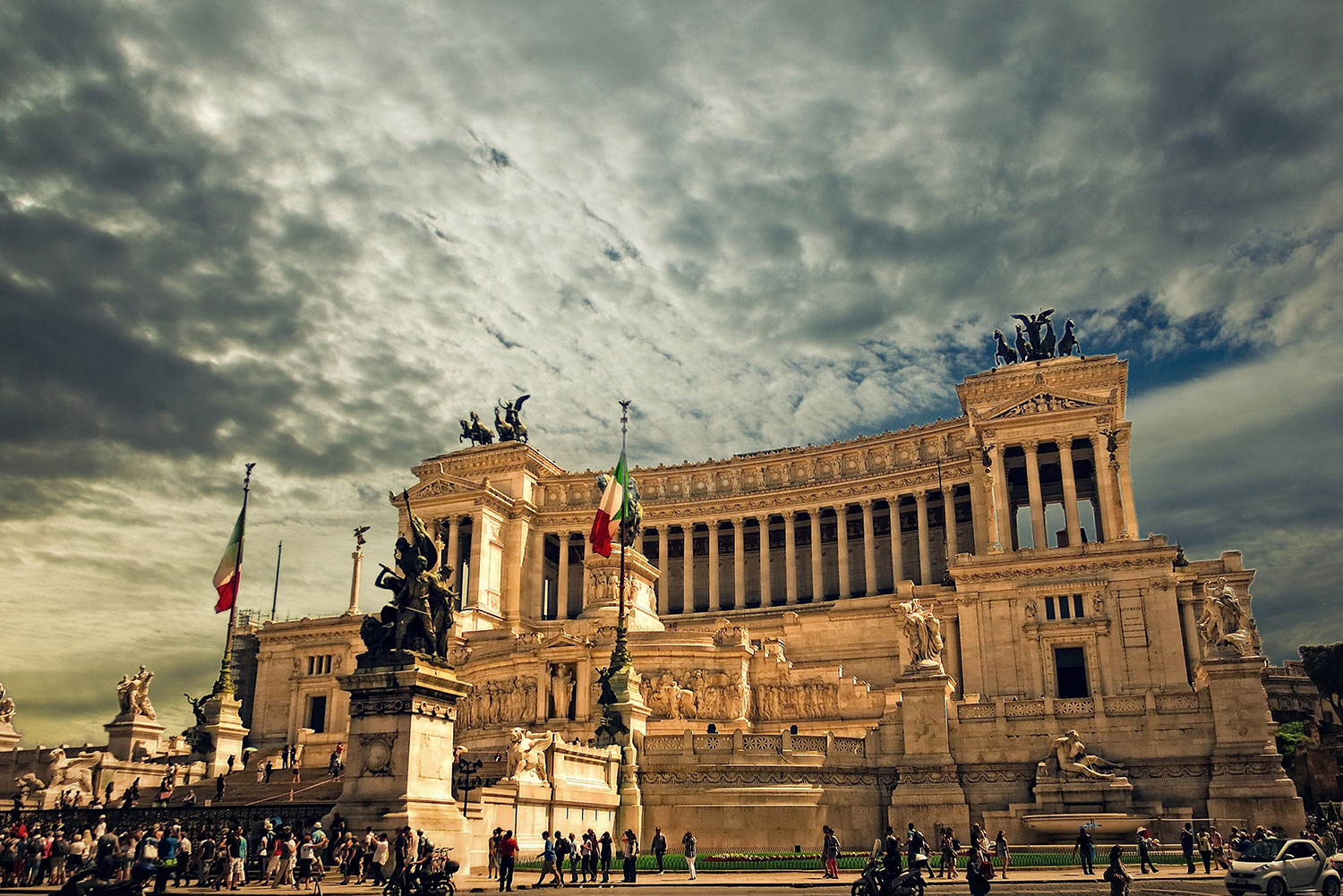For foreign citizens planning to make a major investment or donation in Italy, the Investor Visa for Italy is a two-year, renewable visa. Italy has taken steps in recent years to portray itself as an attractive place for international investors, as one of the world’s major economies and a crucial conduit to the European Single Market.One of these moves was the implementation of an unique tax regime aimed specifically at holders of the Investor Visa for Italy.
Italy has had two investment immigration programs for immigrants from outside the European Union since early 2017. This is essentially a visa for people who want to invest in Italy. Spain, Portugal, and Malta, for example, follow a similar path. The main difference between Italy and those countries is that Italy’s program requires you to engage in a start-up firm, an LLC, or government bonds, whereas the other countries listed enable you to invest in real estate. At this time, Italy does not provide visas for the sole purpose of investing in real estate.
The Flat Tax or Substitute Tax Regime is the name given to a second scheme. Individuals who become Italian residents after at least a 9-year term of living outside of Italy will get a €100,000 lump-sum payment on all overseas income. This flat tax is paid over a period of 15 years.
The most recent program is likewise quite new. For overseas retirees, it takes the form of a pensioner visa program. It is a type of voluntary living in which the person is prohibited from working by law. They must rely solely on passive revenue to survive. There are several strict guidelines that must be followed.
Who can invest in Italy?
If you are a non-EU citizen and make a single investment in one of the following, you may be eligible for an Italian Investor Visa:
- The Italian Republic has issued a government bond.
- A firm with its headquarters and operations in Italy.
- a cutting-edge startup; or
- You make a charitable contribution. You may help people who care about culture, education, immigration, scientific research, and the preservation of cultural and natural assets.
Documents Required When Applying for a Golden Visa in Italy
- A copy of your passport with your name, photo, passport issue and expiration dates, and passport number plainly visible.
- A curriculum vitae (CV) that details your academic and professional accomplishments.
- You are the owner of the funds that you will invest or gift. Bank account statements, for example, that include your name and available funds.
- That you have legal and transferrable financial assets. An formal letter from the bank/financial institution where your assets are held stating that adequate checks on you were conducted in compliance with international norms.
- That you are not facing any criminal accusations. A declaration issued by your country’s appropriate authorities.
- A description of the investment/nature, donations as well as your previous experience as a donor or investor. There is a 1,000-word limit.
- Proof of the investment or donation’s recipient’s consent.
- A signed electronic Declaration of Commitment to use the funds. The Declaration is available for download on the platform
Following receipt of the Nulla Osta, you must submit the following documents to the nearest Italian Embassy or Consulate in order to apply for an Investor Visa:
- All original hard copies of the documents stated above, as well as a copy of the Nulla Osta.
- Proof that you have a place to stay in Italy.
- Income proof from the preceding fiscal year. To be excluded from healthcare costs, your income must meet the minimum criteria. It costs around € 8,500.
- a photo of yourself the size of a passport
- Your passport must be valid.
- Proof of your country’s residency
- All documentation must be written in Italian or English. You must submit a verified translation if they are not.
Italy’s Startup Visa Program
The StartUp Visa Program in Italy is one of Europe’s most innovative residence by investment programmes, since the Italian government sought to provide non-EU citizens wanting to move to Italy through investment with a variety of possibilities.
As previously stated, this system consists of two components: the StartUp Visa and the StartUp Hub. Even though they both give similar immigration options, there are a few differences. The Italian StartUp Act, which went into effect in 2012, provides the foundation for the StartUp Visa. The scheme allows non-EU nationals to earn Italian citizenship or a golden visa by establishing a business in the country.
Other qualifications for persons seeking citizenship by investment in Italy under this system are as follows: At least 15% of annual costs or turnover (whichever is greater) must be directed to R&D activities; at least 1/3 of employees must be Ph.D. students or Ph.D. researchers, or at least 2/3 of employees must have a Master’s degree; the company has a registered patent or software that meets the intellectual property requirements.


